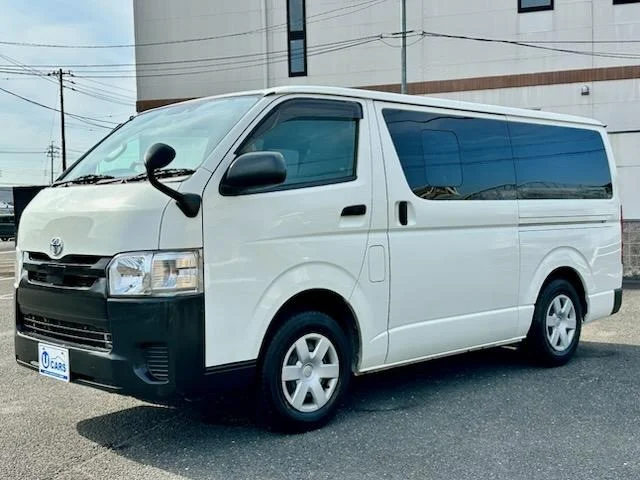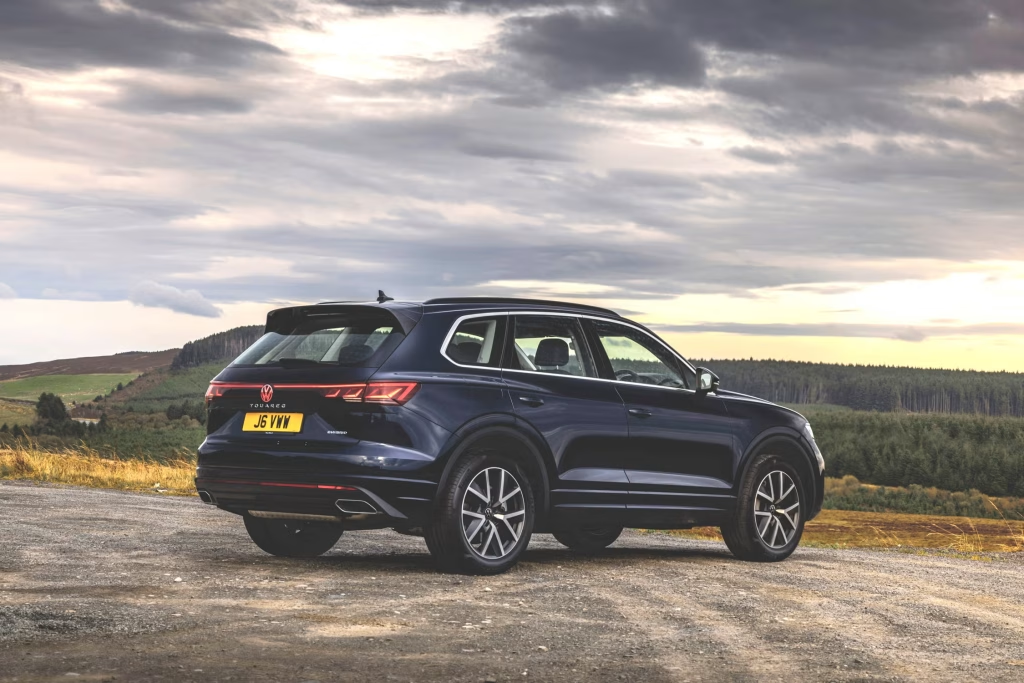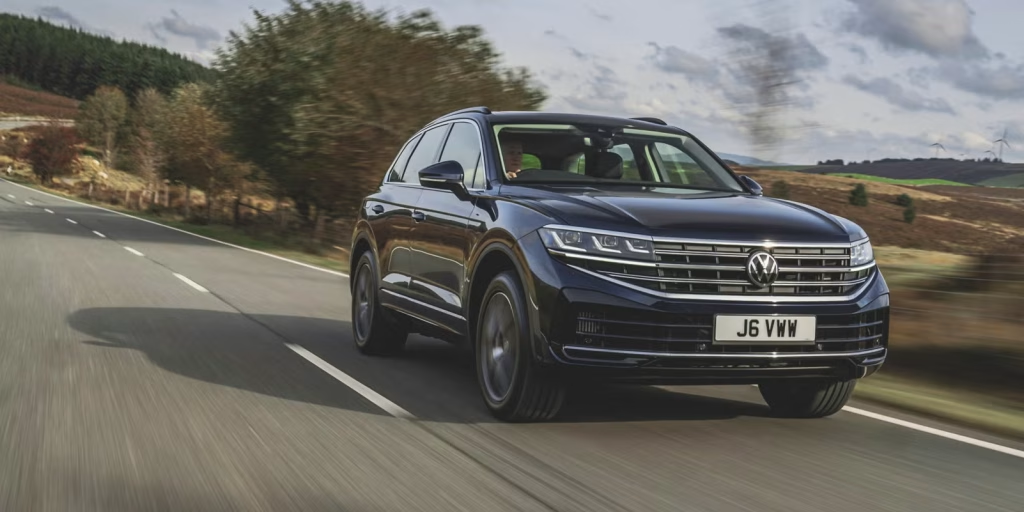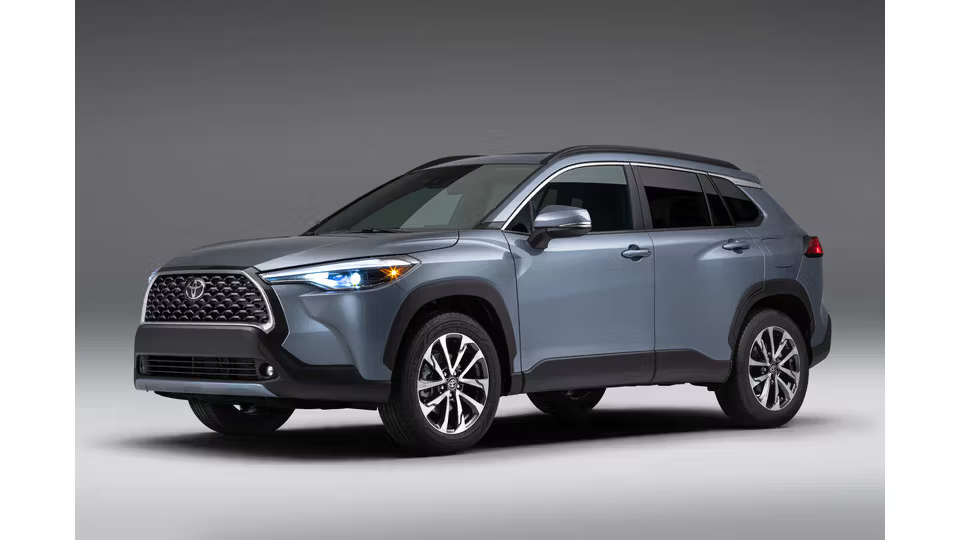Introduction: Hybrid Cars and Sustainable Mobility in Kenya
Kenya is facing increasing environmental challenges, particularly in urban areas like Nairobi, Mombasa, and Kisumu, where air pollution, traffic congestion, and carbon emissions are major concerns. As the country shifts towards greener energy solutions, hybrid cars are emerging as a sustainable alternative to traditional petrol and diesel vehicles.
Hybrid cars are designed to reduce fuel consumption and carbon emissions, making them eco-friendly vehicles that align with Kenya’s climate action goals. In this article, we explore the environmental impact of hybrid cars in Kenya, their benefits, and how they contribute to a cleaner, greener future.
Reducing Carbon Emissions: A Step Towards Cleaner Air
One of the most significant benefits of hybrid cars is their ability to cut carbon dioxide (CO₂) emissions. In Kenya, transportation accounts for 39% of urban air pollution, with diesel and petrol cars being the biggest contributors.
How Hybrid Cars Reduce Emissions
✔ Less Fuel Consumption – Hybrids use electric power alongside a petrol engine, reducing overall fuel use.
✔ Regenerative Braking – Converts energy lost during braking into electricity, reducing engine load.
✔ Automatic Start-Stop Function – The engine shuts off when the car is idle, minimizing emissions in heavy traffic.
Fact: A Toyota Prius Hybrid emits 90g of CO₂ per km, compared to 160g/km for a conventional petrol sedan.
✅ Best Low-Emission Hybrid Cars for Kenya:
- Toyota Prius Hybrid – 90g CO₂/km
- Honda Insight Hybrid – 93g CO₂/km
- Toyota Aqua Hybrid – 95g CO₂/km
Tip: Choosing a hybrid car can cut your carbon footprint by up to 50% compared to petrol and diesel vehicles.
2. Lowering Fuel Consumption & Dependence on Fossil Fuels
Kenya imports millions of liters of fuel annually, contributing to high fuel prices and economic instability. Hybrid cars consume up to 40% less fuel than petrol and diesel cars, reducing Kenya’s dependence on fossil fuels.
Fuel Consumption Comparison: Hybrid vs Petrol Cars
| Car Model | Fuel Type | Fuel Economy (km/l) | Annual Fuel Cost (Ksh) |
|---|---|---|---|
| Toyota Prius Hybrid | Hybrid (Petrol + Electric) | 22 – 25 km/l | Ksh 120,000 |
| Honda Fit Hybrid | Hybrid (Petrol + Electric) | 22 – 28 km/l | Ksh 110,000 |
| Toyota RAV4 Hybrid | Hybrid (Petrol + Electric) | 16 – 18 km/l | Ksh 140,000 |
| Toyota Premio Petrol | Petrol Only | 10 – 12 km/l | Ksh 240,000 |
| Nissan X-Trail Diesel | Diesel Only | 8 – 11 km/l | Ksh 250,000 |
Fact: Hybrid car owners in Kenya can save up to Ksh 120,000 per year on fuel costs.
✅ Best Hybrid Cars for Fuel Efficiency in Kenya:
- Toyota Aqua Hybrid – 25-30 km/l
- Honda Fit Hybrid – 22-28 km/l
- Toyota Axio Hybrid – 22-26 km/l
Tip: Switching to a hybrid car means fewer trips to the petrol station and lower fuel expenses.
3. Reducing Noise Pollution in Kenyan Cities
With over 3 million registered vehicles in Kenya, cities like Nairobi suffer from severe noise pollution due to diesel engines, matatus, and motorbikes. Hybrid cars run on silent electric power at low speeds, significantly reducing urban noise pollution.
How Hybrid Cars Reduce Noise Pollution
✔ Quiet Electric Drive – Runs on electric mode at lower speeds.
✔ Smooth Start-Stop System – Eliminates noisy idling in traffic.
✔ Less Engine Vibration – Reduces vehicle noise levels.
Fact: EVs and hybrids are up to 50% quieter than petrol or diesel cars, making roads less noisy and more livable.
✅ Best Silent Hybrid Cars for City Driving:
- Lexus RX 450h
- Toyota Prius Hybrid
- Honda Insight Hybrid
Tip: A hybrid car is ideal if you want a quiet and peaceful driving experience in Nairobi.
4. Long-Term Sustainability & Green Energy Transition
Kenya has ambitious climate goals, aiming to reduce carbon emissions by 32% by 2030. Hybrid vehicles play a crucial role in sustainable mobility, especially as Kenya expands its renewable energy sector.
How Hybrid Cars Align with Kenya’s Green Energy Future
✔ Supports E-Mobility Transition – Encourages shift towards full electric vehicles (EVs).
✔ Encourages Investment in EV Charging Stations – Hybrid plug-ins (PHEVs) can use charging infrastructure.
✔ Lower Dependence on Fossil Fuels – Reduces Kenya’s reliance on imported oil.
Fact: Kenya generates over 85% of its electricity from renewable sources (geothermal, hydro, and wind), making hybrid and electric cars a viable long-term solution.
✅ Best Plug-in Hybrid Cars (PHEVs) for Kenya:
- Mitsubishi Outlander PHEV
- BMW 330e Plug-In Hybrid
- Lexus NX 450h+
Tip: If Kenya expands EV charging stations, Plug-in Hybrids (PHEVs) will become even more practical.
5. Government Incentives for Hybrid & Electric Vehicles
The Kenyan government is encouraging green mobility by reducing taxes on hybrid and electric vehicles (EVs).
Kenyan Hybrid & EV Tax Benefits
✔ Lower Import Duties – Hybrid cars attract lower import duties than petrol cars.
✔ Lower Excise Tax – Reduced excise duty for electric and hybrid vehicles.
✔ Future EV Incentives – Plans to develop charging stations and promote green vehicles.
Fact: The Kenyan government is considering lowering hybrid car taxes further to promote adoption.
✅ Best Sources for Hybrid Car Import Information:
🔗 Kenya Revenue Authority (KRA) – Import duty calculator
🔗 Kenya Bureau of Standards (KEBS) – Vehicle import requirements
Tip: Stay updated on import tax changes to get better deals on hybrid cars.
Conclusion: The Future of Green Mobility in Kenya
Hybrid cars offer fuel savings, lower emissions, reduced noise pollution, and long-term sustainability, making them the ideal choice for Kenya’s future mobility.
✅ Key Takeaways:
🚗 Hybrid cars reduce fuel costs by up to 40%.
🌍 They cut CO₂ emissions by nearly 50%.
🔋 Kenya’s green energy transition supports hybrid adoption.
📉 Government incentives are making hybrids more affordable.
Final Thought: If you’re looking for a cost-effective, eco-friendly, and future-proof car, a hybrid is the best choice!





